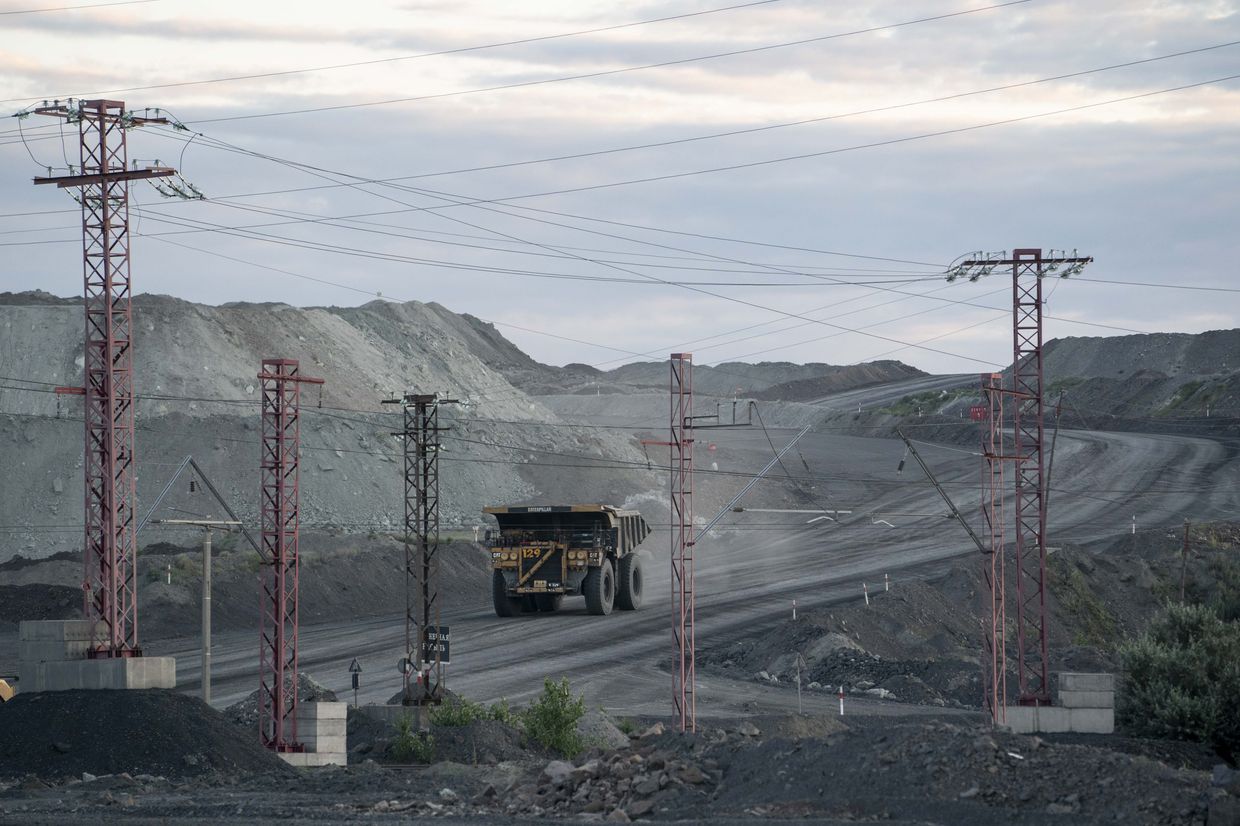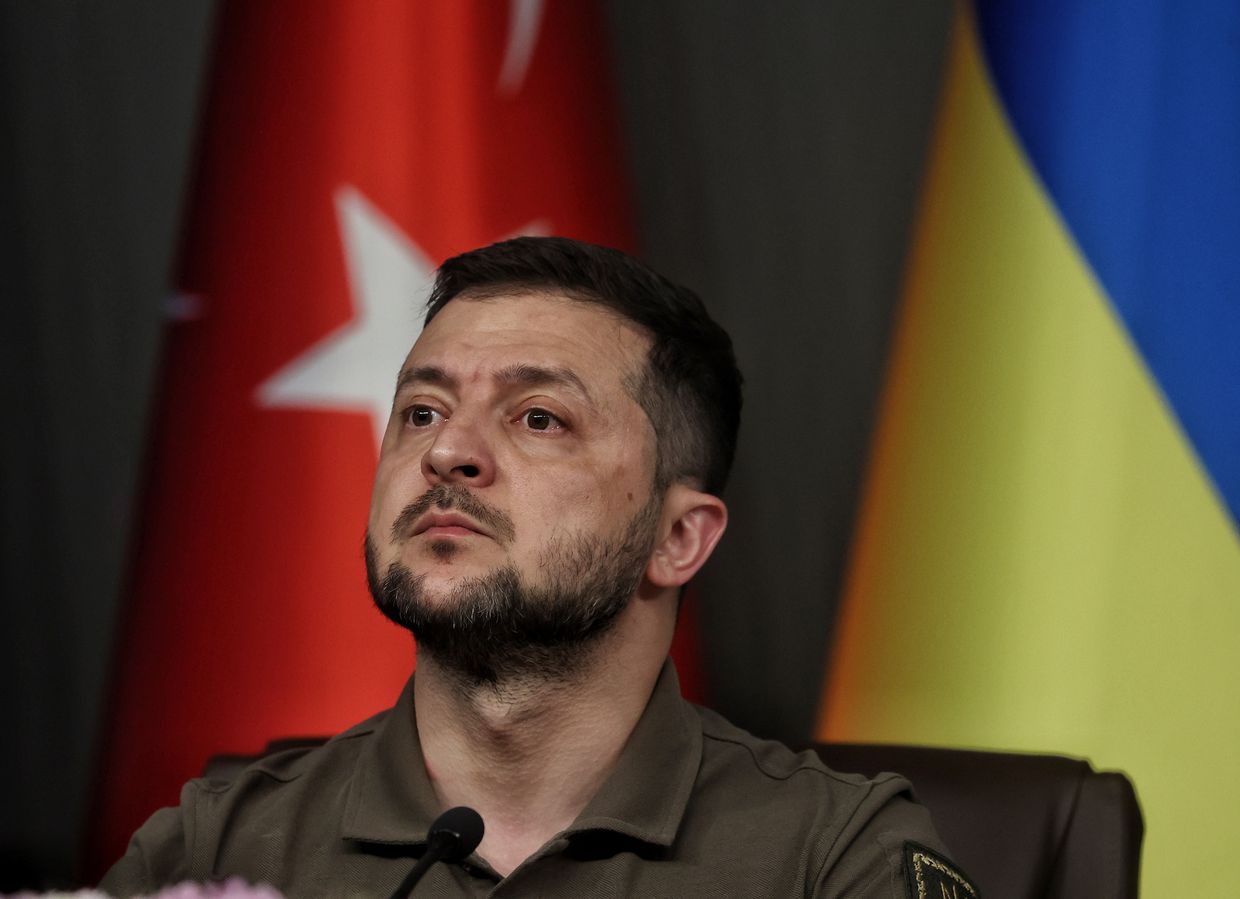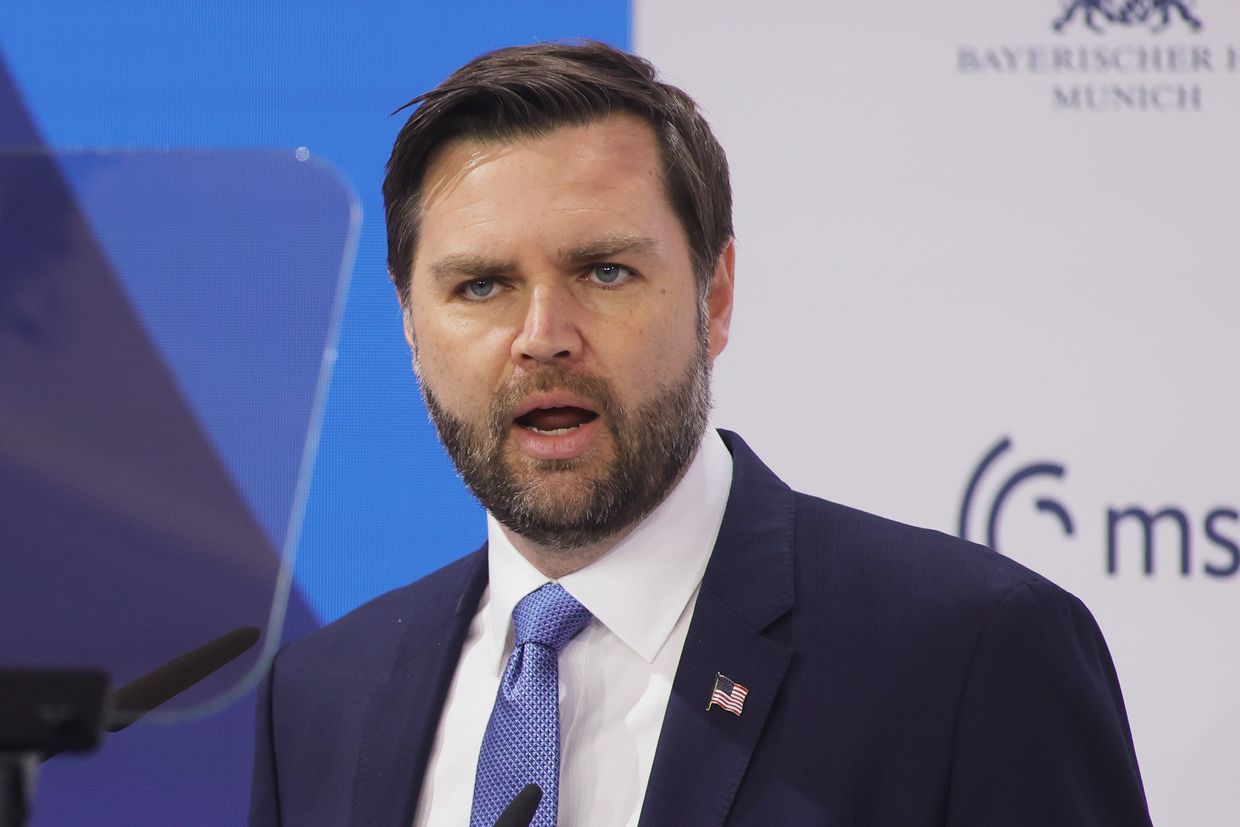Ukraine is open to mining rare earths with its partners, President Volodymyr Zelensky said on Feb. 4 during a press briefing in Kyiv, NV reported.
Zelensky's statement comes after U.S. President Donald Trump said that Washington was seeking Ukrainian rare earths in exchange for aid.
"We are open to the idea that mineral resources can be developed with our partners who help us protect our land and push the enemy back with their weapons, their presence, and sanctions packages," Zelensky said.
"This is absolutely fair. I talked about this back in September when we met with President Trump," Zelensky added.
Zelensky's 10-point peace plan first presented in 2023 includes a clause on foreign investment in Ukraine's mining industry.
Zelensky also noted that if Russia controls mineral resources on the international market, there is a possibility that companies from other countries, such as Iran or North Korea, will get involved.
"I know that they (American businesses) are really interested in entering Ukraine, and I would like them to develop this area here," Zelensky said.

Trump did not previously specify what kind of rare earths the U.S. wants to acquire but said that Kyiv was ready to cooperate.
Ukraine is home to 20 of the world’s critical minerals and metals like titanium used in the aerospace and defense industries and lithium, an essential component of electric vehicle batteries.
Ukraine also possesses rare earth elements — under which titanium and lithium do not fall — such as cerium, yttrium, lanthanum, and neodymium.
Demand for these materials has jumped in recent years as the world shifts to renewable forms of energy. Rare earth elements are crucial for making the powerful magnets used in wind turbine generators.
Trump’s interest in Ukraine’s critical materials may lie in China’s current dominance over the rare earth elements market. China controls 70% of the global rare earth mining capacity and 90% of the processing capacity. With his “America First” agenda, the new U.S. president may be looking to fuel American competitiveness by gaining the upper hand over Beijing.
Ukraine and its allies have been concerned about the future of U.S. aid under President Trump since he has repeatedly criticized former President Joe Biden for his administration's assistance to Kyiv.
The U.S. is the largest backer of Ukraine's defense, having provided over $91 billion in aid, including over $62 billion worth of military assistance, since 2022.













